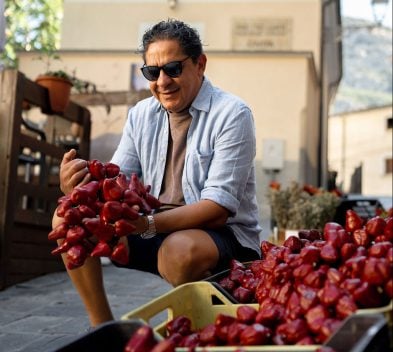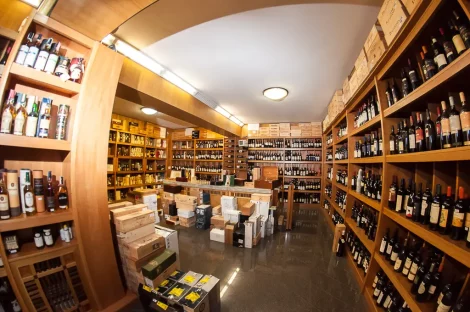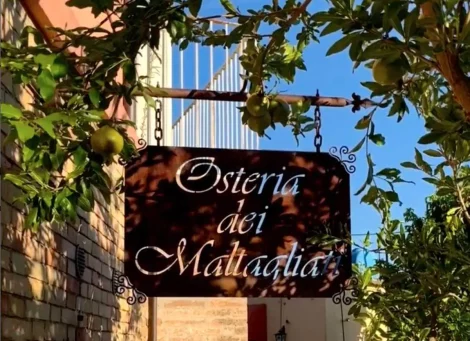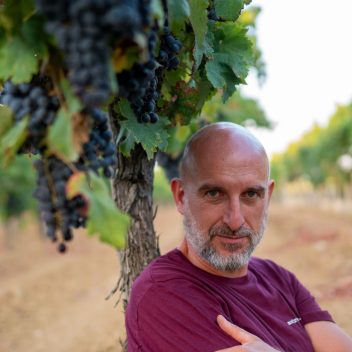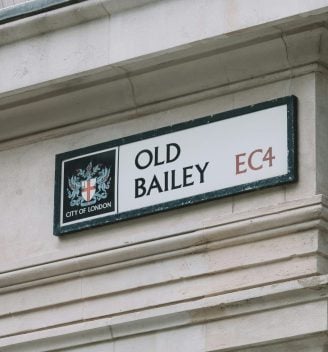The effect of 30% import tariffs in the United States, as outlined in President Trump’s letter to the European Union, could trigger a revolution in the wine industry, similar to what happened during the methanol wine scandal. The warning comes from Marco Caprai, a wine entrepreneur from Umbria and owner of Arnaldo Caprai, based in Montefalco, in the province of Perugia.
According to his statement to the Ansa news agency, Italy would lose 20–30% of its vineyard area; yields per hectare would have to be revised; viticulture would disappear as a landscape, cultural, and environmental asset in inland areas. Businesses and jobs would be lost.
Severe impact in the EU and in Umbria
Caprai, a former member of the national board of Confagricoltura, also spoke about the potential consequences at both European and regional level.
“Europe,” he said, “will have to allocate funds for storage, eradication, promotion, and, in some way, we will witness a terrible loss of value.”
As for the Umbria region, “it will be even tougher,” Caprai declared, explaining that the risk is “to destroy the model of global alliances that have held the West together over the past century,” with the EU likely to fall under China’s influence.
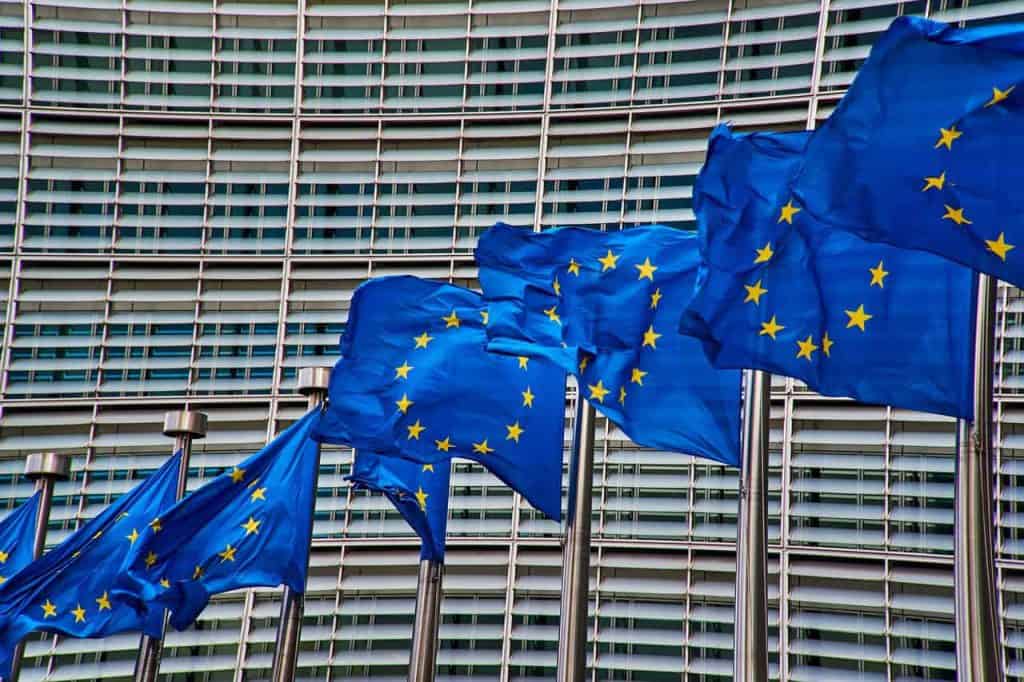
Concerns over EU–US negotiations
The ongoing negotiations between Europe and the United States are also raising doubts for the wine entrepreneur (in line with Matteo Lunelli’s remarks), as he is convinced that “something isn’t working among those negotiating on behalf of the EU.”
He points out that just two weeks ago, the EU approved a zero-tax regime for major US tech companies in an attempt to facilitate an agreement on imported goods.
But, “after agreeing to this deal,” Caprai notes, “Trump is bullying Europe with 30% tariffs, which are practically the equivalent of an embargo.”


 The social media star resurrecting Italy's forgotten culinary classics
The social media star resurrecting Italy's forgotten culinary classics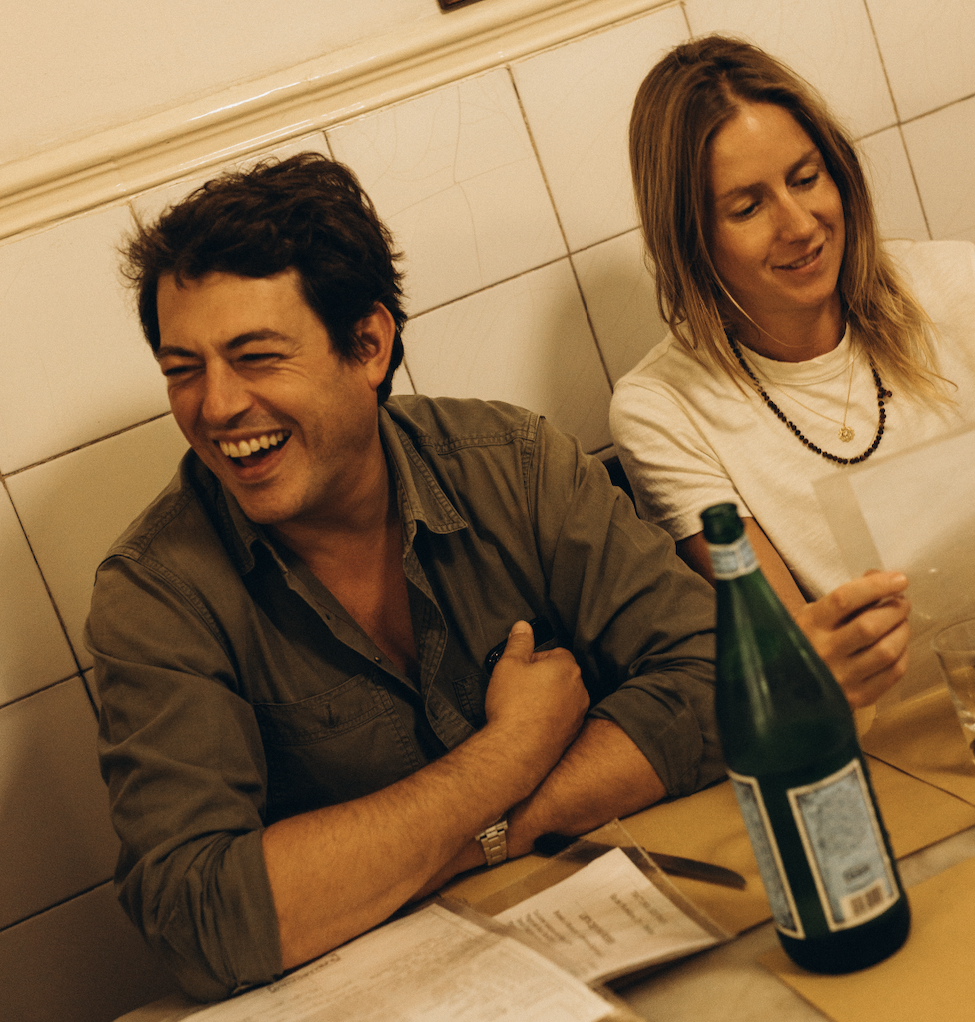 Giovanni Mazzei brings a taste of Florence to London
Giovanni Mazzei brings a taste of Florence to London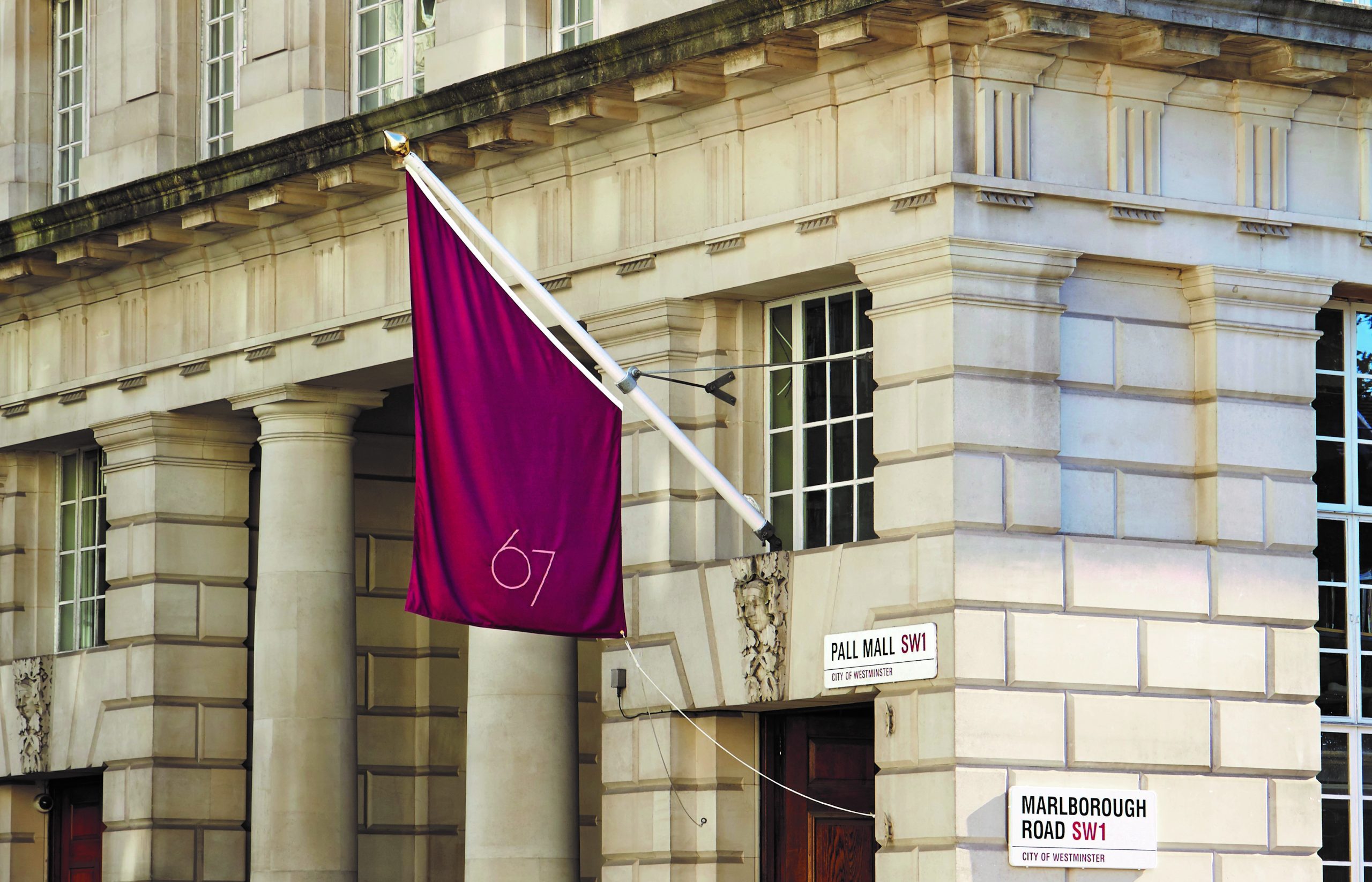 Burgundy dominates but Italy is rising: a look at London's fine wine trends
Burgundy dominates but Italy is rising: a look at London's fine wine trends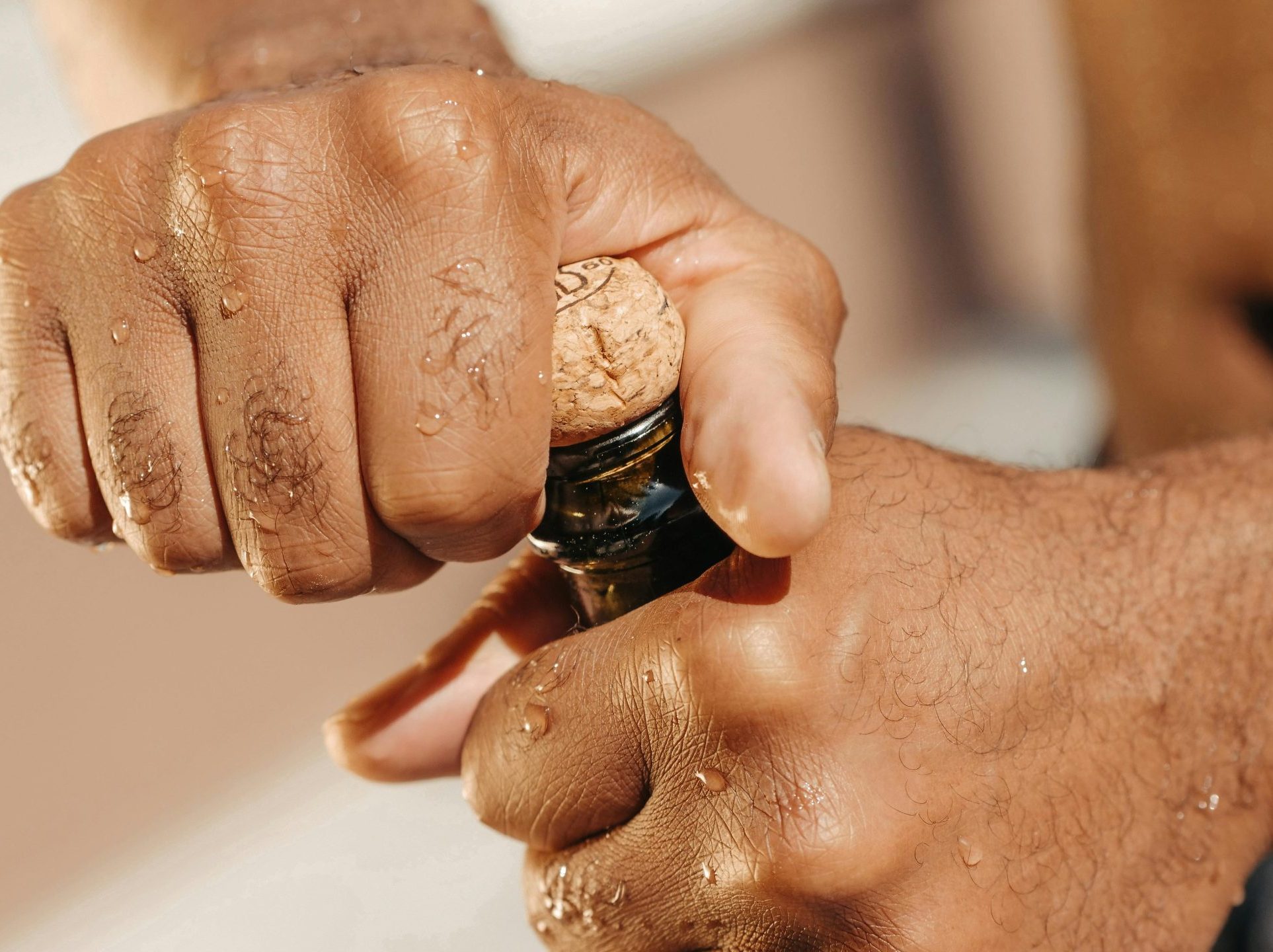 Costco Prosecco recalled over exploding bottle fears
Costco Prosecco recalled over exploding bottle fears The Consorzio Vino Chianti heads to Brazil: “An attentive public and a dynamic market”
The Consorzio Vino Chianti heads to Brazil: “An attentive public and a dynamic market”